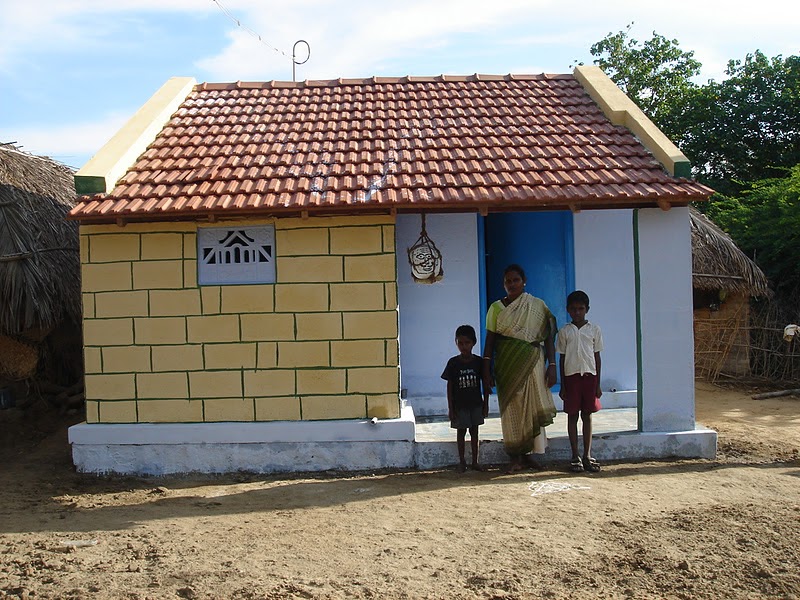Suriname, a former Dutch colony in the Caribbean, is set to ignite Chief Minister Mamata Banerjee’s dream of making Durga Puja a global festival.
The small country in South America, with a population of five lakh, is globally known as a tourist destination.
The ambassador of Suriname to India has requested the Bengal Government to help the country organise a “Kolkata-style Durga Puja”. She was in Kolkata recently to participate at an event organised by an industry body, where she broached the subject.
Suriname has lot of people of Indian descent, descended from indented workers the British transported to work in sugar and other plantations.
Explaining the reason behind hosting a grand Durga Puja, the ambassador said the people in Suriname would love the grandeur of Durga Puja. She further said that a small Durga Puja is held in her country, but not like the ones held in Kolkata. Her government would like to have a great pandal and decoration, but for which the people there do not have the expertise.
According to her, another aspect of Durga Puja in Kolkata the people of Suriname (those who participate in Durga Puja) like is the ‘sindoor khela’.
The Surinamese ambassador said that she is keen to participate in Bengal Global Business Summit as her country’s government is planning to tap Bengal for investment in hospitality, mining and gold.
Source: The Times of India










